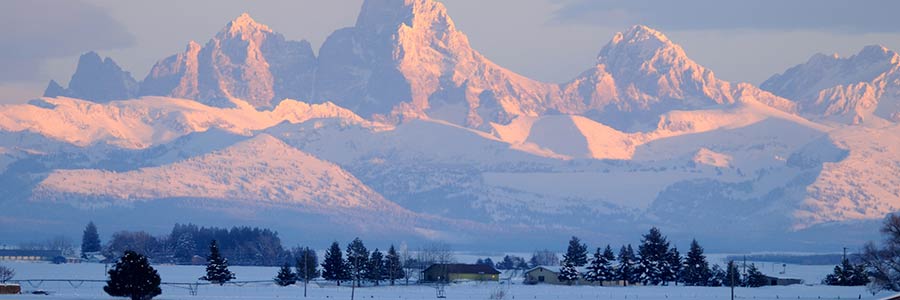
RV insurance is necessary. It not only protects your investment, but is also required by law. This insurance is expensive, but it is worth the effort to find a policy that fits your needs. Essentially, RV insurance is a combination of auto insurance and homeowners insurance. It's not possible to get the same coverage as a regular automobile insurance policy. However, it's worthwhile to have some protection in place for any damage to your RV.
Class A and Class B
There are many different types of insurance for campers. The coverage required for RVs of Class A or B is different. Pricing of a policy depends on many factors, including what type of coverage you choose. The state requires liability coverage. Other types of coverage can be purchased at your discretion.
Classes C
Campers insurance, which is required in most U.S. and Canadian states, is essential. There will be different insurance coverage requirements in every state. It is therefore important to read all details before you sign a policy. The cost of RV insurance is usually less than a typical car insurance premium, but the amount you pay depends on the type of RV you own.

Class D RVs
Take into account several factors when deciding on campers insurance Class D RV policy. These factors will have an impact on the coverage's cost. For instance, the price of the coverage will depend on the type of RV. A Class A motorhome usually costs more than a Model D because it is more equipped with electrical and motorized elements. The insurance coverage will also depend on the driver, including their driving history. Premiums for those with clean driving records are likely to be the lowest.
Class E
Campers insurance for Class E RVs comes with a few different levels of protection. The most basic level of protection pays out the actual cash value of your vehicle, with depreciation factored in. This level of protection provides the smallest amount of coverage but has the highest premiums.
Classes H
Campers insurance is vital when buying or renting an RV. This insurance can be purchased directly through the rental company or through an intermediary insurance provider. Rental insurance is typically not covered by credit cards that offer primary insurance. It is therefore important to think about this when purchasing or renting an RV. Different RV models have different insurance requirements.
Class I
The insurance coverage you have is an essential part of RV ownership. Costs of insurance are affected by many factors including the level of crime and density in your state. Shop around to get the best rates. Multi-policy holders may be eligible for discounts by many providers. If you combine your RV insurance with a renters or life insurance policy, you might get a discount. Bundling insurance policies will reduce stress from dealing with several companies.

Class IX
Campers insurance for Class IIX RVs will be required if your motor home is to be used as your primary residence. This type of policy will cover you if your motor home is damaged or stolen. Additional coverage can be purchased to protect any structures attached to your RV.